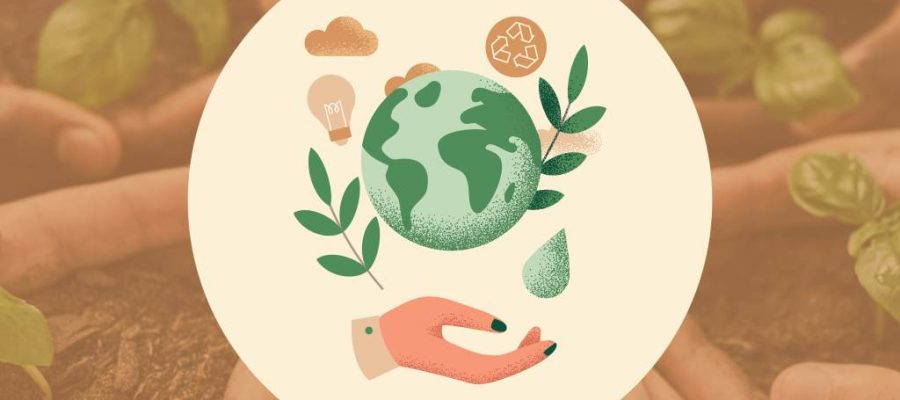From the clothes we wear to the detergent we use, we come in contact with countless toxins in our everyday life that can lead to serious health issues for us and long-lasting negative effects on our planet. As Marci Zaroff, an internationally recognized eco-lifestyle expert, educator, innovator, and author who also coined the term ECOfashion, said during SHE Media Co-Lab’s Future of Health event, “It breaks my heart today when you hear kids say they don’t want to have children because they ‘don’t want to bring kids into this world.’ It’s not climate change anymore, we’re in a climate crisis.”
While some may worry that trying to lead an eco-friendly lifestyle will be disruptive to their everyday life, Zaroff insists that’s not the case. “Being part of a more conscious, toxic-free lifestyle is not about sacrifice or deprivation,” she said, “it’s about value add.” Below, she outlines the small-but-impactful ways we can all live a healthier and more eco-friendly lifestyle while also being mindful of hidden hazards and the steps we can take to limit our exposure to them.
Watch what you eat
Whether it’s gluten-free, organic, keto, or regenerative, being more conscious of what we put in our bodies is the “gateway to this movement,” Zaroff said. “The first thing that changes when we change our diet and our lifestyles is our blood. That is our life support system that feeds, so why do we want to put poison in our blood?” Increasing health awareness has driven up the U.S. organic food market in recent years along with increasing environmental concerns over pesticides, chemical fertilizers, and other chemicals in conventional farming.
Improve your soil
Soil health is crucial to sustainable agriculture with topsoil being used to grow 95 percent of our food. “Healthy soil makes healthy plants, which makes healthy people,” Zaroff stated. “Soil is a living, breathing ecosystem. I liken it to the skin of the Earth because the skin is the largest organ in our bodies — it’s our primary organ for absorption.” To learn more about the importance of our soil, Zaroff suggested we all watch (or read) Kiss the Ground, which follows activists, scientists, and farmers as they turn to regenerative agriculture to try and save the planet’s topsoil to fight climate change.
Beware of certain beauty products
As Zaroff stated, the skin is the largest organ in our bodies and our primary organ for absorption. Because of that, she says we must be mindful of what we put on it. “It’s not just what we put in our bodies. It’s not that you are what you eat. You’re also what you put on your body,” Zaroff said. “The skin being this organ, [beauty brands] need to nurture and protect us. When you look at your beauty products…if you can’t pronounce it, don’t use it, and if you’re using it, beware of it and minimize your use. It’s not about perfection — it’s about trying to make the best choices we can every day.”
Consider eco-friendly fashion
Zaroff is the CEO and founder of Ecofashion Corp, which meets with brands and retailers to “help them build these models of agriculture to popular culture,” Zaroff said. “Cotton is one of the most heavily sprayed industries in agriculture with the worst carcinogenic chemicals…and 60 percent of the cotton plant goes back into the food stream as cottonseed oil.” That, combined with the unregulated finishes and dyes that go into the textiles we’re wearing and that we put on our skin, can lead to harmful results.
Remember, being eco-friendly is not about completely overhauling your daily life. We all have to start somewhere, and the first step in ensuring we help our planet is staying educated on the things you can do to help make it better.
Before you go, check out these natural cleaning brands that are safe for families in the gallery below:

Source: Read Full Article

